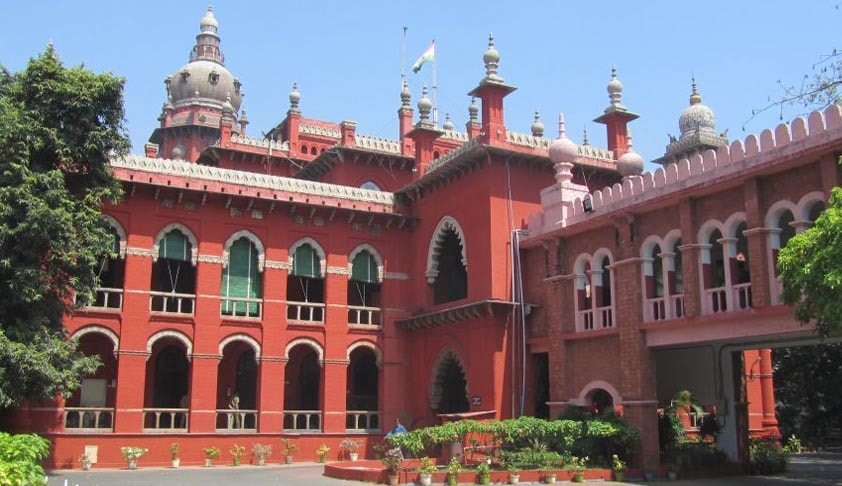A Judge should approach the Judgment with delivery pain: Justice P. Devadass
Apoorva Mandhani
14 Nov 2015 6:26 PM IST

Next Story
14 Nov 2015 6:26 PM IST
Emphasizing that writing/producing a Judgment is an essential function of a Court, Justice P. Devadass of the Madras High Court observed that, “Writing Judgment is an art. A Judge should approach the Judgment 'with delivery pain'. So much importance is attached to the Judgment of a Court. A civil Court decree must follow the Judgment. It should not be putting the cart before the...
